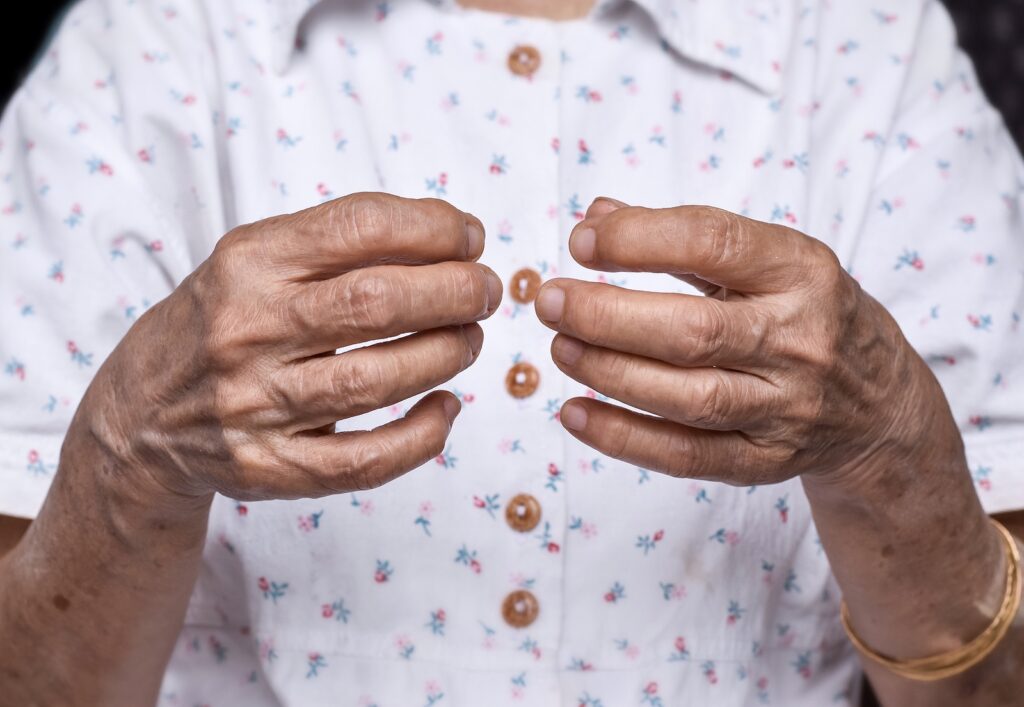By Eleanor McDermid, medwireNews Reporter
medwireNews: Baricitinib has achieved largely negative results in the SLE-BRAVE trials, published in The Lancet.
SLE-BRAVE-I met the primary endpoint of a significantly increased proportion of patients achieving a systemic lupus erythematosus (SLE) Responder Index (SRI)-4 response at week 52 with the highest dose of baricitinib used (4 mg) versus placebo, at 57% versus 46%.
But despite this, and baricitinib’s established benefits in conditions such as rheumatoid arthritis, there were no significant differences in key multiplicity-adjusted secondary endpoints, such as glucocorticoid sparing and time to first flare, report Eric Morand (Monash University Clayton, Melbourne, Victoria, Australia) and co-investigators.
“The phase 3 development programme for baricitinib in SLE has therefore been discontinued”, they write.
And the SLE-BRAVE-II investigators, led by Michelle Petri (Johns Hopkins University School of Medicine, Baltimore, Maryland, USA), report that neither the primary endpoint nor any major secondary endpoints were met.
“The profile of patients, including organ involvement, in this trial was similar to that of other recent late-stage clinical trials in SLE, suggesting that patient selection was not a major factor”, they say.
For both trials, participants were aged at least 18 years, had received an SLE diagnosis at least 24 weeks before screening, had at least one of anti-nuclear antibody, anti-dsDNA, or anti-Smith, and had active disease despite standard-of-care medication.
The primary analyses involved 760 participants of SLE-BRAVE-I and 775 of SLE-BRAVE-II who were randomly assigned to receive baricitinib 2 mg or 4 mg or placebo for 52 weeks. About 80% were taking glucocorticoids, a similar proportion were taking antimalarials and more than half were taking immunosuppressants. The primary and secondary endpoints were the same for both trials.
In a linked commentary, Laura Durcan (Beaumont Hospital, Dublin, Ireland) and Grainne Murphy (Cork University Hospital, Ireland) say that “[f]aced with yet another disappointing phase 3 trial in SLE, it is difficult to avoid becoming disheartened”.
They stress the challenges of managing the condition and the “notoriously complex” associated medication trials, which led to medications such as rituximab being approved despite “disappointing” phase 3 data.
The commentators say that “we can only speculate” whether the study populations, their background medications or the outcome measures used in the SLE-BRAVE trials contributed to their failure, and suggest that post-hoc analyses might provide some answers.
News stories are provided by medwireNews, which is an independent medical news service provided by Springer Healthcare Ltd. © 2023 Springer Healthcare Ltd, part of the Springer Nature Group
Lancet 2023; doi:10.1016/S0140-6736(22)02607-1
Lancet 2023; doi:10.1016/S0140-6736(22)02546-6
Lancet 2023; doi:10.1016/S0140-6736(23)00342-2
https://pubmed.ncbi.nlm.nih.gov/36848918/

